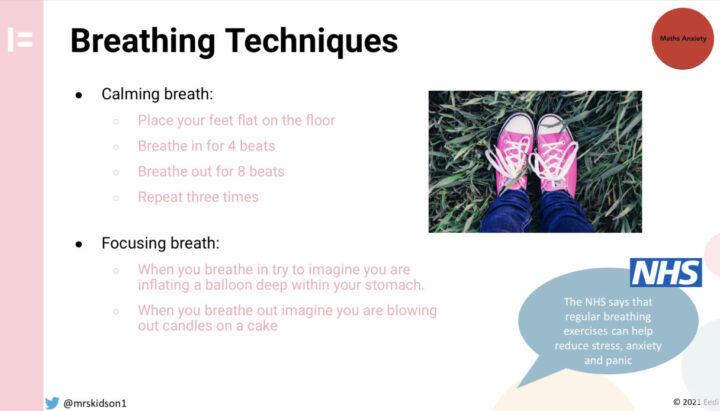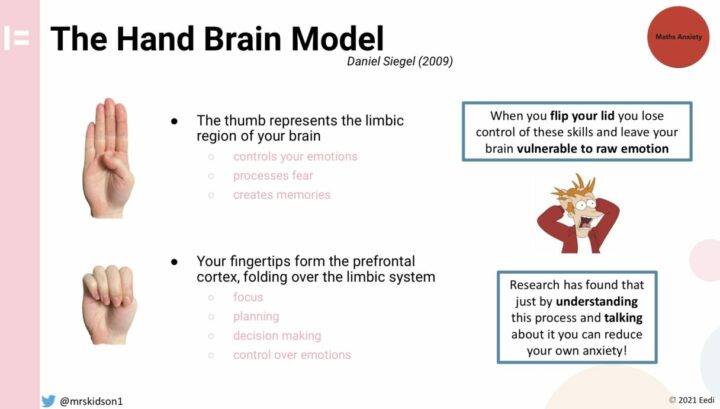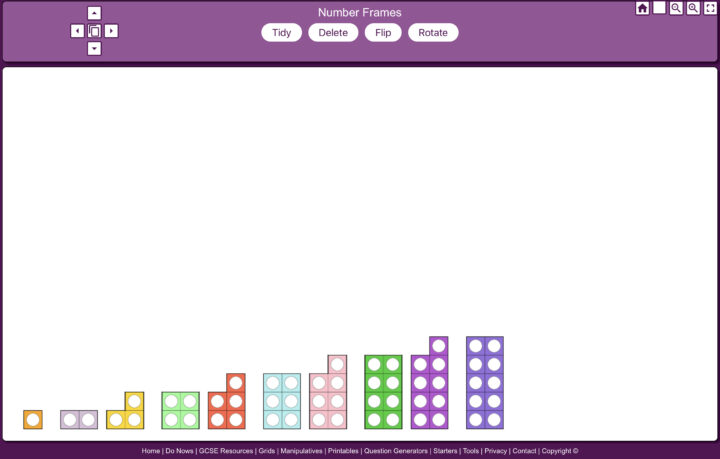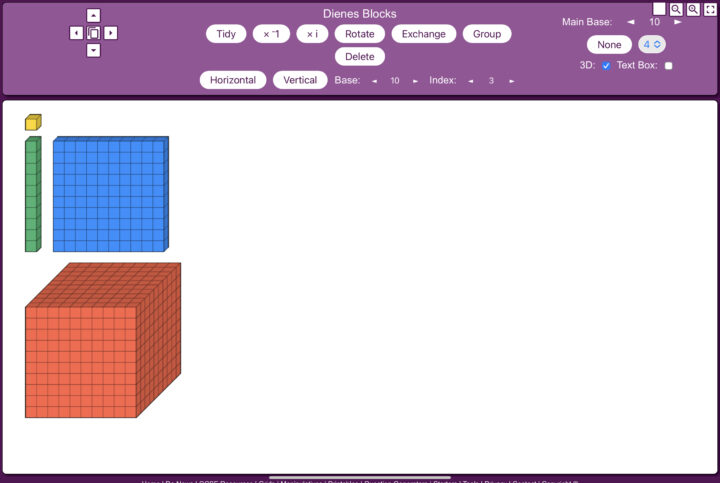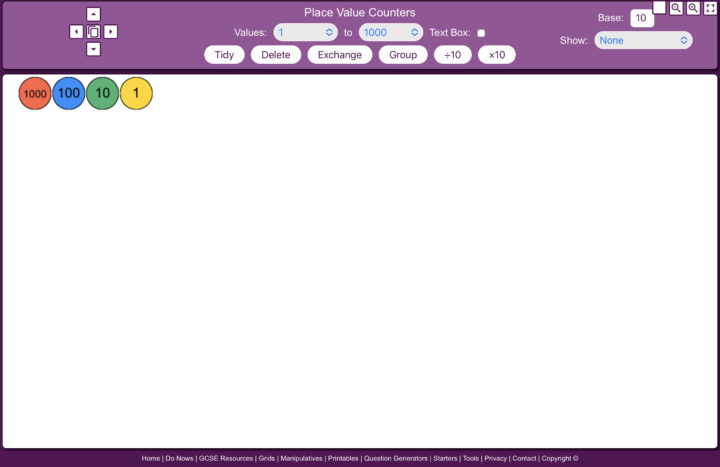Maths
Taken from the National Curriculum, our aims at Curdworth Primary is to ensure that all children become fluent, can reason and explain mathematically, and are able to solve problems as well as to foster an enthusiasm and fascination about maths.
To do this, we teach maths through a mastery approach.
What is teaching for mastery?
Mastering maths means pupils of all ages acquiring a deep, long-term, secure and adaptable understanding of the subject. The phrase ‘teaching for mastery’ describes the elements of classroom practice and school organisation that combine to give pupils the best chances of mastering maths. Achieving mastery means acquiring a solid enough understanding of the maths that’s been taught to enable pupils to move on to more advanced material (National Centre for Excellence in the Teaching of Mathematics).
Elements of classroom practise and school organisation are based on The 5 Big Ideas:
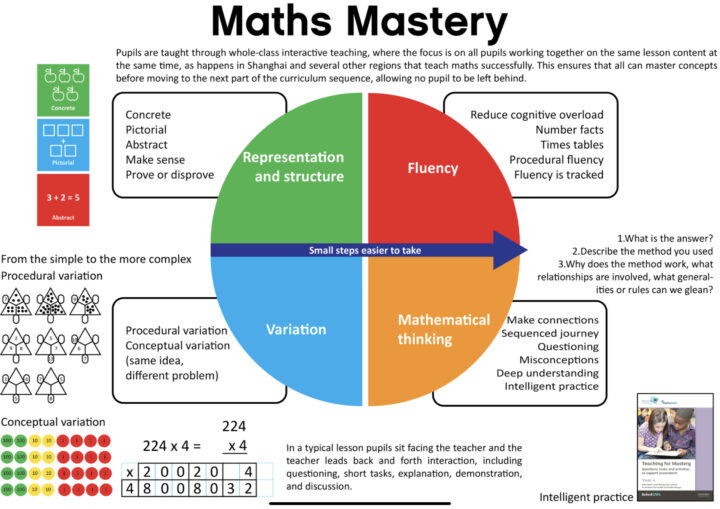
Teachers consider each element in the designing of their lessons to secure the best possible outcomes of the children. An insight into the thought process of designing a lesson can be found below.
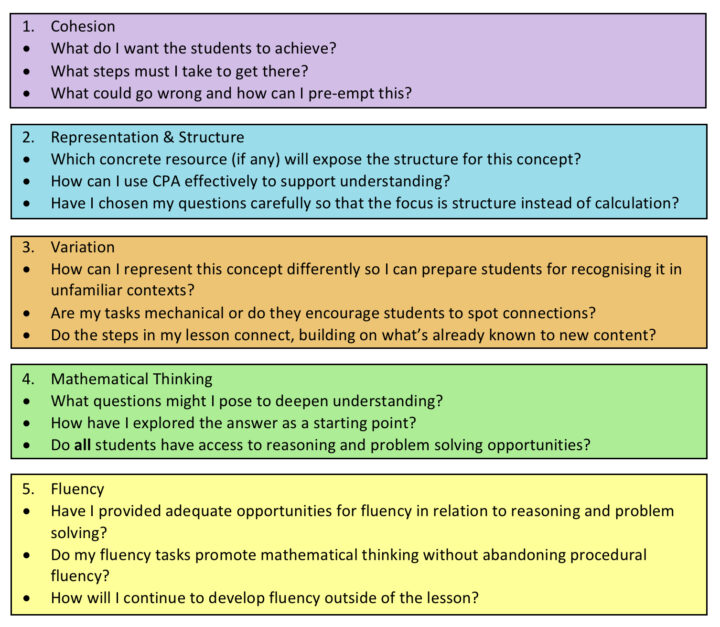
A great deal of research over many years has provided us with the knowledge of how best to teach maths. We are following research from the top performing countries across the world such as China and Singapore.
Maths Bot – online resources to help your child at home
Calculation Policy
Maths Anxiety
Research says that maths anxiety compromises the functioning of working memory (Ashcroft and Krause 2007) . It has been proven that maths anxiety directly links to poor performance in the subjects. It is different to test anxiety and general anxiety. Math anxiety is not hereditary, no one is born as a bad mathematician. Adults own perception and experiences of maths can influence children. Children pick up on how you talk about it, for example, responses towards homework ‘Oh Mommy is rubbish at maths’ or Maths just isn’t me’.
Here are some ways you can change mindsets and support children:

At Curdworth Primary we support reducing maths anxiety by removing time pressures on learning episodes, where stressful. Time is important, and quick recall is necessary. However, pace of learning and varying practise tasks is carefully designed to support children not to feel overwhelmed when on their learning journey.
In addition, we use tools such as manipulatives to reduce the demand on the working memory. At home, you can use items such as pasta, toy cars and Lego to support learning. Children can also use pictures and pictorial representations to unpick and understand the maths.
Other ways to reduce children’s anxiety include using breathing techniques and helping children express how they are feeling and learn to self-regulate their emotions:
